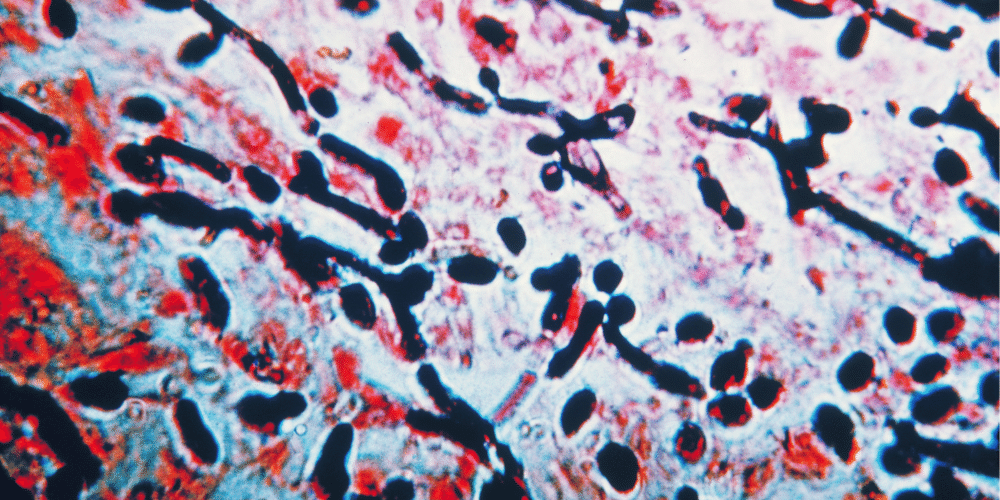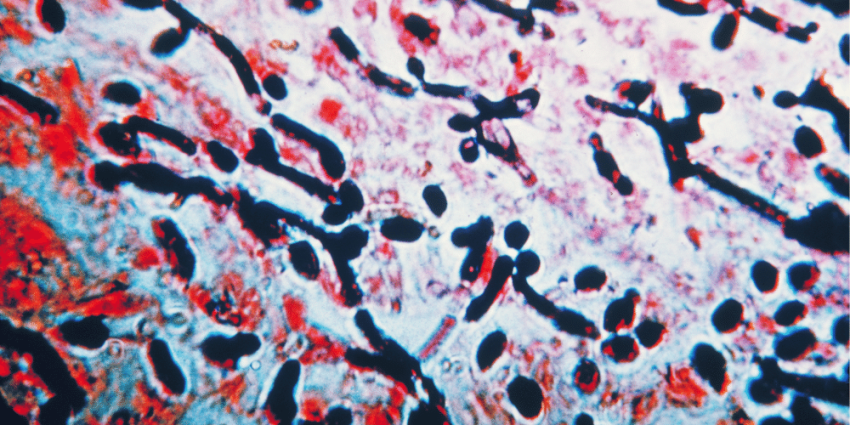While there are many different types of communicable diseases, there are some public health policies that can help prevent the spread of all of them. Here are three examples of such policies. 1. Handwashing: One of the most important ways to prevent the spread of communicable diseases is to wash your hands regularly and thoroughly. 2. Isolation and Quarantine: If someone is sick, it is important to isolate them from others to prevent the disease from spreading. 3. Vaccinations: Vaccinations help protect people from diseases by building up their immunity.
What are communicable diseases?
Communicable diseases are those that can be passed from one person to another. This can happen through direct contact, such as when someone with a cold sneezes on someone else, or through indirect contact, such as when someone touches a doorknob that has been contaminated with the flu virus and then touches their own eyes or nose.
There are many different communicable diseases, but some of the most common include colds, influenza (the flu), and stomach viruses. These types of illnesses are usually spread through coughing and sneezing, or by touching contaminated surfaces and then touching your face.
Fortunately, there are some simple steps that everyone can take to help prevent the spread of communicable diseases:
– Wash your hands often with soap and water, or use an alcohol-based hand sanitizer if soap and water are not available.
– Avoid touching your face, especially your eyes, nose, and mouth.
– Stay home when you are sick.
– Cover your coughs and sneezes with a tissue or your sleeve (not your bare hands).
– Clean and disinfect surfaces that may be contaminated with germs.

What public health policies can help prevent communicable diseases?
There are many public health policies that can help prevent communicable diseases. One key policy is vaccination. Vaccination helps to build immunity to diseases and can prevent them from spreading. Other policies include promoting handwashing, clean water and sanitation, and proper food safety practices. These measures can help to reduce the spread of communicable diseases.
The benefits of prevention
There are many benefits to prevention when it comes to communicable diseases. By taking action to prevent the spread of disease, we can save lives, protect families and communities, and reduce the overall burden on our healthcare system.
Prevention also has economic benefits. Every dollar spent on prevention can save up to $16 in future healthcare costs. In fact, investing in prevention is one of the most cost-effective ways to improve our health as a society.
Some of the most effective public health policies for preventing communicable diseases include vaccinations, handwashing education and promotion, access to clean water and sanitation facilities, and food safety regulations.
By working together to implement these policies, we can make a real difference in the fight against communicable diseases.
The challenges of prevention
There are many challenges when it comes to preventing communicable diseases. One of the biggest challenges is ensuring that people have access to safe and clean water. This can be a challenge in many parts of the world, where clean water is not always available. Another challenge is ensuring that people have access to vaccinations. This can be a challenge in areas where there is limited access to healthcare or where there is political instability. Finally, another challenge is educating people about how to prevent communicable diseases. This can be a challenge in areas where literacy rates are low or where there is a lack of awareness about these diseases.
The benefits of preventing communicable diseases
There are many benefits to preventing communicable diseases. By preventing the spread of disease, we can protect vulnerable populations, including the elderly and young children. In addition, prevention can help reduce the burden on our healthcare system and save lives.
Some simple steps that everyone can take to prevent the spread of communicable diseases include:
-Washing your hands regularly and often, especially before you eat
-Avoiding close contact with people who are sick
-Covering your mouth and nose when you sneeze or cough
-Staying up-to-date on your vaccinations
Public Health Policies that Help Prevent Communicable Diseases
There are many public health policies that help prevent communicable diseases. Some of these policies include vaccination requirements, food safety regulations, and clean water standards.
Vaccination requirements help prevent the spread of communicable diseases by ensuring that people are vaccinated against potentially deadly illnesses. Food safety regulations help prevent the spread of communicable diseases by ensuring that food is cooked properly and not contaminated with bacteria or viruses. Clean water standards help prevent the spread of communicable diseases by ensuring that water is free of harmful contaminants.
Handwashing
One of the most important public health policies for preventing communicable diseases is handwashing. This simple act can help prevent the spread of many diseases, including those that are transmitted through food, water, and contact with contaminated surfaces.
Handwashing should be done regularly, especially after using the toilet, handling food, and coming into contact with sick people. It is also important to wash hands before eating or preparing food.
There are several ways to wash hands effectively:
-Wet hands with clean running water and apply soap.
– Rub hands together to make a lather and scrub all surfaces for at least 20 seconds.
– Rinse hands well under clean running water.
– Dry hands using a clean towel or air dry them.
Immunizations
Immunizations are one of the most important public health policies for preventing communicable diseases. They help protect people of all ages from serious and sometimes life-threatening illnesses. Immunizations work by stimulating the body’s natural defenses to produce antibodies against specific diseases. When a person is exposed to that disease, they are less likely to get sick because their body is already primed to fight it off.
The Centers for Disease Control and Prevention (CDC) recommends that everyone be up-to-date on their immunizations, especially children and adults who are at increased risk for certain communicable diseases. Some examples of these high-risk groups include:
• Children under age 5
• Adults aged 65 and older
• Pregnant women
• People with chronic medical conditions such as diabetes, heart disease, or lung disease
There are many different types of vaccines available to help protect against communicable diseases. Some of the most common include:
• Measles, mumps, rubella (MMR) vaccine
• Tetanus, diphtheria, pertussis (Tdap) vaccine
• Influenza (flu) vaccine
• Hepatitis B vaccine
• Human papillomavirus (HPV) vaccine
Safe food handling
One of the most important public health policies for preventing communicable diseases is safe food handling. This includes ensuring that food is cooked properly, stored correctly, and free from contaminants.
Cooking food thoroughly kills any bacteria or other pathogens that may be present. It is important to follow recipes and cooking instructions carefully to make sure that food reaches the correct internal temperature.
Storing food safely helps to keep it free from bacteria and other contaminants. Foods should be stored at the correct temperature and away from potential sources of contamination.
There are a number of ways to prevent communicable diseases through safe food handling. By following these simple steps, you can help protect yourself and others from these illnesses.

Quarantine and isolation
Quarantine and isolation are two of the most important public health policies for preventing communicable diseases. Quarantine is the separation of a person or group of people who have been exposed to a contagious disease from the rest of the population. Isolation is the separation of a person or group who are infected with a contagious disease from the rest of the population. Both quarantine and isolation can be voluntary or involuntary.
Conclusion
There are a number of public health policies that can help prevent communicable diseases. These include vaccination programs, hygiene and sanitation initiatives, and education campaigns. All of these measures can go a long way towards reducing the spread of disease and protecting vulnerable populations.










Leave a Reply